What we’ve achieved so far
- 30% reduction in carbon emissions per package in 2023 compared with 2020 (The Netherlands and Belgium)
- 45% reduction in emissions per kilometre driven in 2023 compared to 2020
- 31 locations BREEAM-NL certified
- Emissions-free deliveries of mail and letterbox packages to 96% of households from pick-up point for delivery people
Our targets anchored in our organisation
We are aware of the negative impact we have on the environment. In recent years, we have worked to reduce this impact and will continue to do so. We have made our climate targets a fixed and important part of our business strategy.
Net-zero by 2040 according to the SBTi standard
We have made our climate ambitions concrete with key performance indicators (KPIs) based on the Science Based Targets initiative (SBTi). This organisation helps companies worldwide take effective action against climate change.
By 2030 at the latest, we aim to reduce the carbon emissions of our vehicles (scope 1) and buildings (scope 2) by 90%. Our total carbon emissions, from our vehicles and buildings combined with our other emissions (scope 3), should then be reduced by 45%. We expect to need another 10 years to reduce the remaining emissions, mainly in scope 3. This means that by 2040, according to the SBTi standard, we will have reached net-zero, with a maximum of 10% of our carbon emissions remaining.
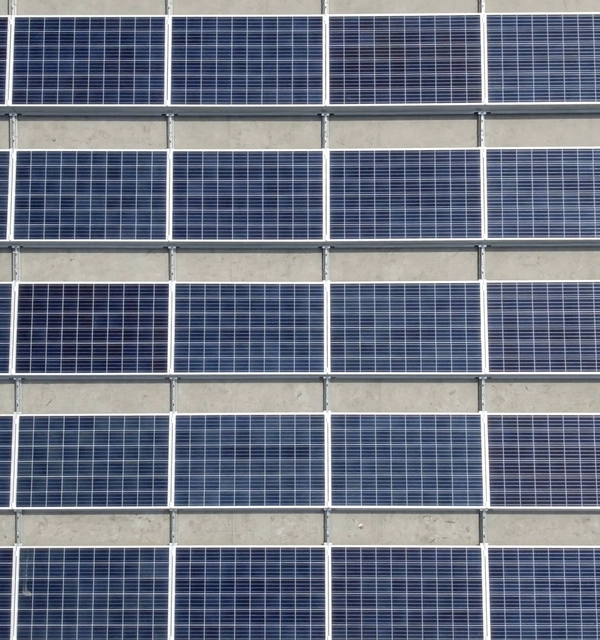
Investing with the environment in mind
To reduce our environmental impact, we also consider environmental savings in our decisions for capital investments and operational expenses. By investing with the environment in mind, we can save or even avoid costs altogether. In 2023, we allocated over € 25 million to capital expenditures and nearly € 12 million to operational expenses. These initiatives encompassed the construction of energy-efficient buildings, installation of solar panels on rooftops, adoption of biogas and electric vehicles, and transition to LED lighting. As a result of these initiatives, we successfully avoided costs amounting to an estimated € 5.2 million. These investments are funded through the proceeds from our Green Bond.

Reducing emissions through more efficient transport
Our delivery people have been doing their work on foot or by bike for many years. We also want to reduce emissions for other parts of the delivery journey. That’s why we invest in ways to deliver more efficiently and with lower emissions.
We help our customers remove unnecessary air from their parcels, allowing our delivery people to carry more items. We also use smart planning tools to avoid extra trips. For example, when picking up parcels from an online shop, we bring their returns back at the same time. We also advise consumers on how to save carbon emissions when sending or receiving mail and parcels.
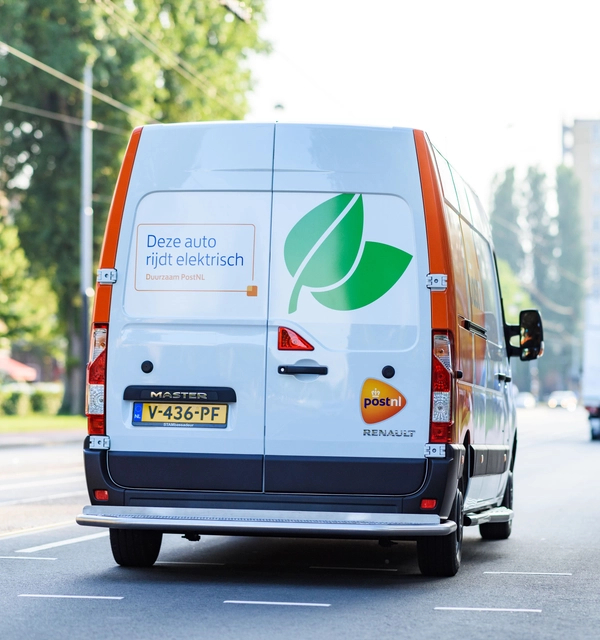
More electric vehicles for cleaner delivery miles
To deliver parcels on time every day, we can't do without our vehicles. But we can do without polluting fuels. We already use over 2,000 electric bicycles, scooters, vans and LEVs. And in May 2023 we put our first electric truck into use in Utrecht. In total, 70% of our own engine-powered vehicles now run on electricity or biofuel.
Furthermore, we deliver millions of letters and parcels on foot or by bike every day. We continue to take steps to achieve emissions-free delivery of all mail and parcels in the Netherlands and Belgium by 2030, from final sorting centre to doorstep.
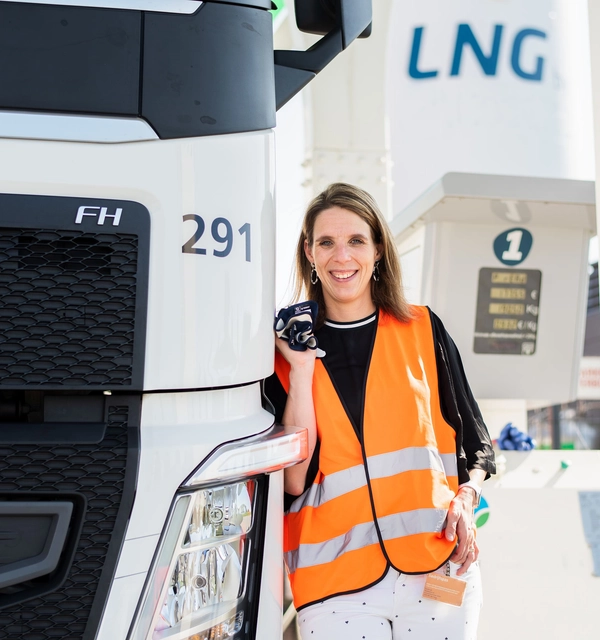
Investing in renewable fuels
While we work on making our fleet electric, we’re taking other steps in the short term. For as many of our delivery vans and lorries as possible, we’re replacing regular petrol and diesel with cleaner alternatives, such as biogas (Biological Liquified Natural Gas) and HVO100 (100% Hydrotreated Vegetable Oil). These renewable fuels reduce carbon emissions by up to 90% and allow us to drive fossil-fuel-free. We are investing in alternative vehicles and fuels to reduce carbon emissions aligned with our science based target. The fleet composition for 2023 was 50% battery electric, 14% LNG / biogas and 17% flex fuel vehicles running on renewable fuel (HVO100). PostNL favours the transition to electric especially for our delivery vans.
A major step in the European transport sector
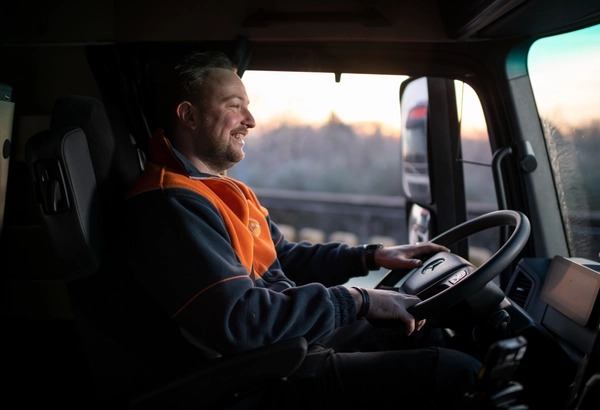
What is HVO100?
HVO100 is a renewable form of diesel. It is produced by Neste, the largest producer of renewable diesel. They make HVO100 from vegetable oils and waste fats, such as used cooking oil from all McDonald’s restaurants in the Netherlands. HVO100 reduces carbon emissions by 90% compared with regular diesel. Only waste streams are used in its production, and no trees are cut down. Neste meets the requirements of the Dutch Emissions Authority and holds all necessary certifications.

Making buildings and installations more energy-efficient
We want our sorting centres to have minimal environmental impact. To achieve this, we’re installing energy-efficient LED lighting and reducing our energy consumption. On average, we generate 50% of the electricity for our parcel sorting centres ourselves via solar panels on our roofs.
We are on the right track: 31 of our parcel sorting centres are BREEAM-NL certified, the hallmark for sustainable buildings with minimal environmental impact. Our 8 new sorting centres rank among the most sustainable business buildings in the Netherlands with the highest achievable levels, "Outstanding (7)" or "Excellent (1)". Our head office is also BREEAM-NL certified, making it the most sustainable listed building in the Netherlands.

Biodiversity and sustainable forest management
Climate change has major consequences for biodiversity. That’s why we take local biodiversity into account when building our sorting centres. We provide space for local flora and fauna to grow and thrive on and around our buildings. All our sorting centres meet the biodiversity requirements of the BREEAM-NL sustainability label. Moreover, our goal to reduce carbon, nitrogen and particulate matter emissions also limits negative effects on biodiversity. We only use FSC-certified wood to minimise deforestation.

'The BREEAM certifications and energy monitoring of our locations provide us with a solid framework to minimise our climate impact. Additionally, in our daily operations, we constantly seek new ways to be more efficient with our energy and water usage.'
Nikaj van Hermon, Director Procurement and Services

Water conservation: crucial for the climate
Water waste uses unnecessary energy and resources, leading to higher greenhouse gas emissions and environmental damage. To reduce our carbon footprint and contribute to a better climate, we need to save water. Our target is to reduce our water consumption by 5%.
To achieve this, we use water-saving installations and sanitary facilities. Special technology allows us to monitor consumption and quickly address waste by taking improvement measures. We track the results in handy dashboards and discuss them regularly with the management at our locations. That’s how we work together to combat water waste.

Greywater system and quality waste water
In our newest parcel sorting centers in Hoogeveen and Alphen aan den Rijn, we use a greywater system to save water. We collect rainwater in a basin, allowing us to reuse it for purposes such as flushing toilets. This way, we conserve drinking water at these locations. During the washing of our vehicles, we collect the dirty water and filter it before it goes into the sewer.
More about our sustainability approach
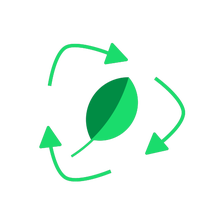
Circularity
In a sustainable society, we must be more conscious of the resources we use. That means less waste and more recycling. We aim to make a significant contribution to the transition to a circular economy.
Liveability
We’re aware of the impact we have on your neighbourhood. That’s why we aim to deliver with minimal impact on the living environment, protecting nature as much as possible in the process.
